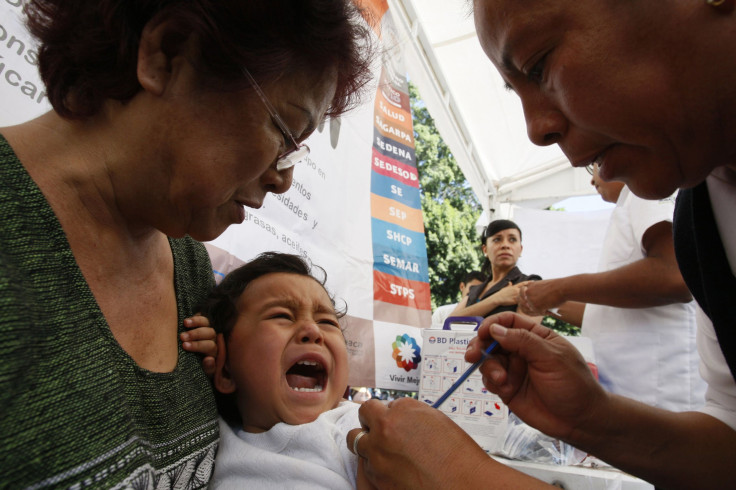Study: Common cold and flu may cause childhood stroke; vaccines could lower risk

Minor infections such as cold and flu may trigger acute ischemic strokes in children, suggests a new study published in the journal Neurology. However, children who are up to date on their immunisations have a far lower risk of experiencing a stroke, researchers say.
Ischemic strokes happen when there is blockage in a blood vessel in or near the brain. While such conditions are rare among children, estimated to affect between three and 13 kids out of 100,000, susceptibility to childhood strokes is largely genetic. The new study supports previous research that claim infections greatly increase a child’s risk of stroke, partly by causing a temporary increase in the blood clotting,
In the new study led by Dr Heather Fullerton of University of California, San Francisco, researchers used medical records and parental interviews for 355 children who had had ischemic strokes and compared them with data of 354 children who had not. The team observed that in the stroke group, 18 percent of the participants had acquired a kind of infection in the week before the stroke occurred. This is six times higher than the risk of children in the comparison group.
Fullerton and her colleagues also observed that routine vaccinations have reduced the risk of childhood stroke. According to their findings, under-vaccinated children were up to seven times more likely to have a stroke compared with children who had all or most of their immunisations.
While the study was unable to establish why vaccination and stroke are associated, the authors say their findings provide evidence that vaccines do not trigger stroke and instead help reduce its risk. The team also shed light on the belief that cold medications cause strokes, claiming that the study found no evidence to support this.
More than half of childhood acute ischemic strokes happen to children who are seemingly healthy, according to Fullerton. “The infections are acting as a trigger in children who are likely predisposed to stroke. Infection prevention is key for kids who are at risk for stroke, and we should make sure those kids are getting vaccinated against whatever infections – such as flu – that they can,” she explains.
Vaccines appear to offer a lifetime of cardiovascular benefits, says Dr Jose Biller of Loyola University Medical Center in an accompanying editorial in Neurology. “Vaccines are among the safest medical products. The safety and effectiveness of vaccines routinely given to children and adults has been overwhelmingly favourable.”
The new research conducted by Fullerton and her colleagues is part of a large international case-control study of childhood stroke, called the Vascular Effects of Infection in Pediatric Stroke. The study authors represent more than a dozen universities and institutions worldwide.
Contact the writer at feedback@ibtimes.com.au or tell us what you think below.





















